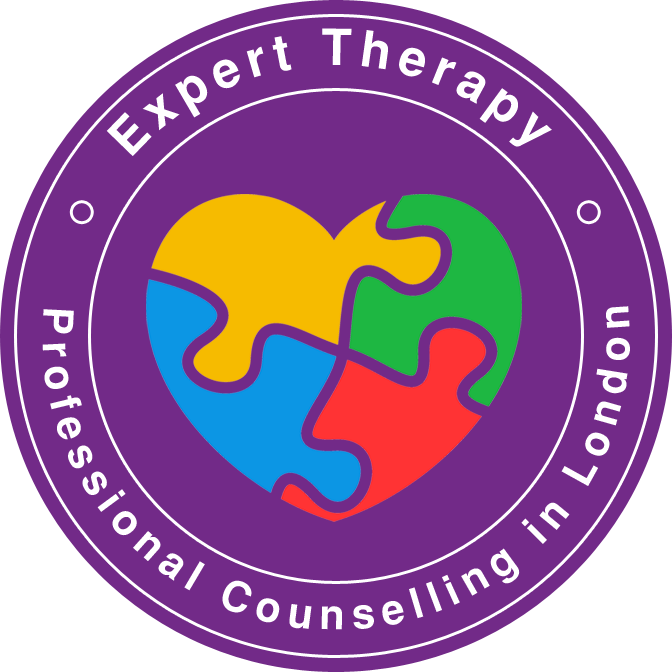Autism Assessment for Teenagers(Teens)
Understanding Autism Spectrum Disorder in Teenagers: The Importance of Proper Assessment
Autism Spectrum Disorder (ASD) is a developmental condition that affects communication, behaviour, and social interaction. The manifestation of ASD can vary greatly among individuals, but it often presents challenges that can be particularly pronounced during the teenage years. This period is marked by significant social, emotional, and educational transitions, which can be overwhelming for teens with ASD.
Recognizing the Signs of Autism in Teenagers
The signs of autism in teenagers can sometimes be subtle and may be mistaken for typical adolescent behaviour. However, there are certain characteristics that may suggest the presence of ASD:
- Difficulty with social communication and interaction, such as understanding non-verbal cues or maintaining conversations.
- Restricted, repetitive patterns of behaviour, interests, or activities.
- Challenges in developing and maintaining friendships appropriate to their age group.
- Heightened or reduced sensitivity to sensory input, like sound, light, or touch.
These signs can lead to feelings of isolation, confusion, and frustration for teenagers who may struggle to understand and navigate their social world.
The Role of Assessment in Supporting Teens with Autism
A thorough assessment conducted by a qualified professional is crucial for an accurate diagnosis of ASD. This process typically involves a combination of interviews, observations, and standardized testing to understand the teen’s strengths and challenges. The assessment provides valuable insights that can guide the development of tailored support strategies.
Seeking Professional Guidance
If you suspect that a teenager may have ASD, it is essential to seek guidance from a healthcare professional who specializes in autism. They can provide a comprehensive assessment and recommend appropriate interventions. Early identification and support can significantly improve outcomes for teenagers with ASD, helping them to navigate the complexities of adolescence and achieve their full potential.
Autism assessment for teenagers is a critical step in ensuring that those with ASD receive the understanding and support they need. By recognizing the signs and seeking professional evaluation, parents, caregivers, and educators can play a pivotal role in facilitating a positive developmental trajectory for teens on the autism spectrum. For more information on the signs and characteristics of autism in teenagers, including a checklist of what to look out for, visit The Spectrum. For details on autism screening and assessments, the Autism Research Institute provides valuable insights. Remember, a proper assessment is the gateway to a better quality of life for teens with ASD.

